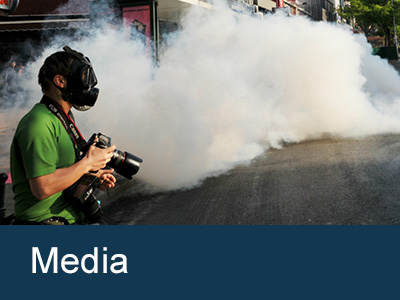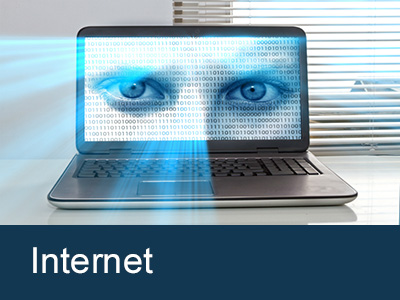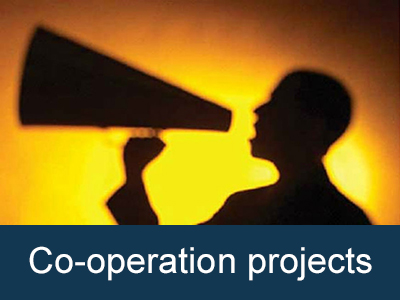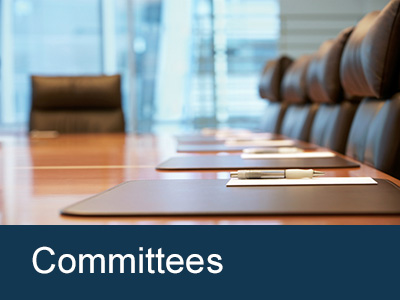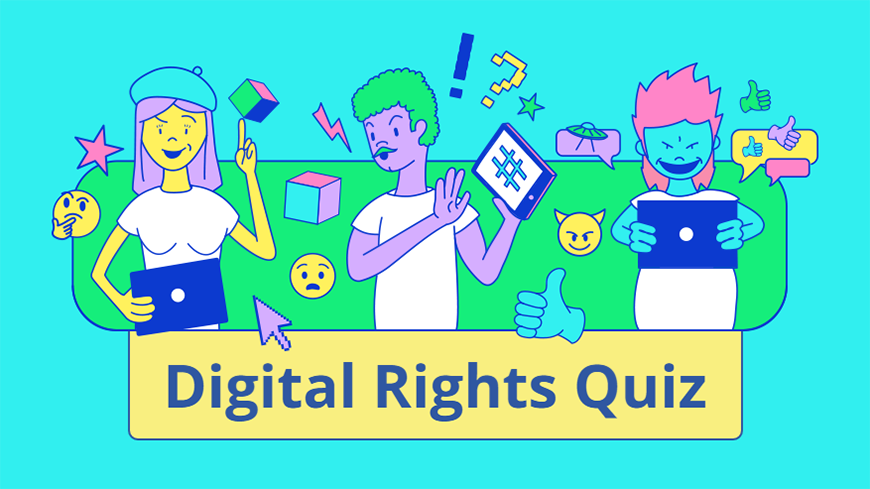An international conference is bringing together in Strasbourg on 9 September some 200 representatives of governments, civil society, business and academia to discuss best practices to protect and promote Internet freedom in the context of the current international security crises.
One of the aims of the conference is to promote a Council of Europe Recommendation adopted earlier this year inviting states to prepare evaluations of their Internet freedom using a number of detailed indicators as guidance. These indicators focus on access to the Internet, freedom of expression, the right to privacy – including 11 specific indicators on surveillance measures - and effective remedies for alleged violations of human rights.
Speaking at the opening, Secretary General Thorbjørn Jagland said that member states should think of this recommendation as a “litmus test” for Internet freedom that they can use to test national laws and practices, and to measure how they are guaranteeing freedom online. He also stressed the need for effective implementation by states, and hoped that governments will carry out the evaluations in co-operation with civil society, journalists and the private sector
Mart Laanenmäe, Undersecretary of the Ministry of Foreign Affairs of Estonia, said that “the shared responsibility of the Internet should be understood as states having primary responsibility for protecting against human rights abuses online in co-operation with non-state actors, in particular major Internet companies.” However, he also warned against the risk of over-regulation, interference and unilateral control of the Internet by states.
The Special Representative of Germany for the OSCE Chairmanship, Gernot Erler, said that rules for the protection of human rights and fundamental freedoms online are just as necessary as offline. “To this end”, he said, “we must not only pursue a global approach in a geographical sense, it is also crucial to act thematically through a comprehensive approach. “For this, the OSCE with its three dimensions is especially well placed and our cyber activities as German OSCE Chairmanship include security aspects, economic perspectives and human dimension concerns”.
The conference is jointly organised by the Council of Europe, the Estonian Chairmanship of the Committee of Ministers and the German Chairmanship of the OSCE. Speakers include Dunja Mijatović, OSCE Special Representative on Freedom of the Media, and Joseph Cannataci, UN Special Rapporteur on the Right to Privacy.



